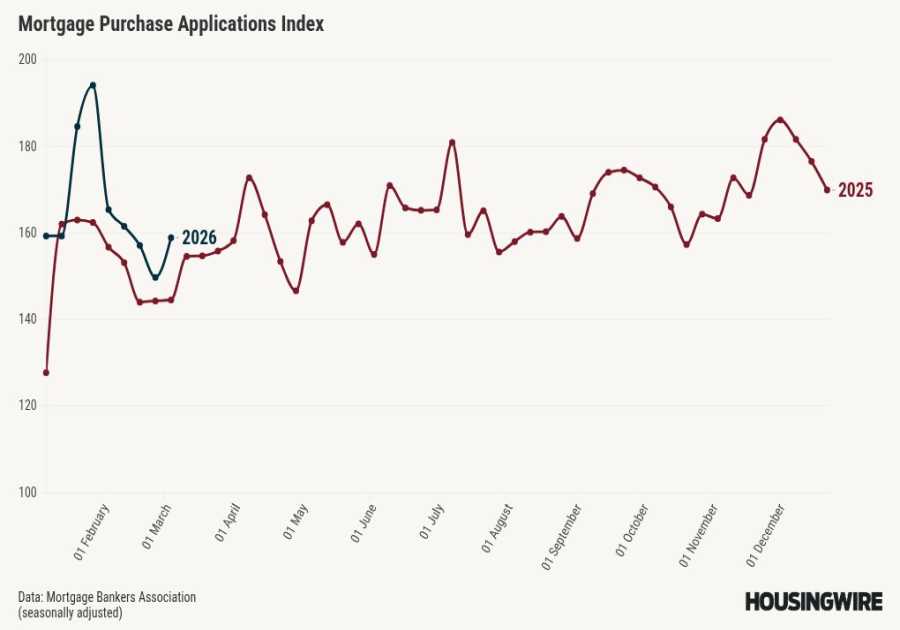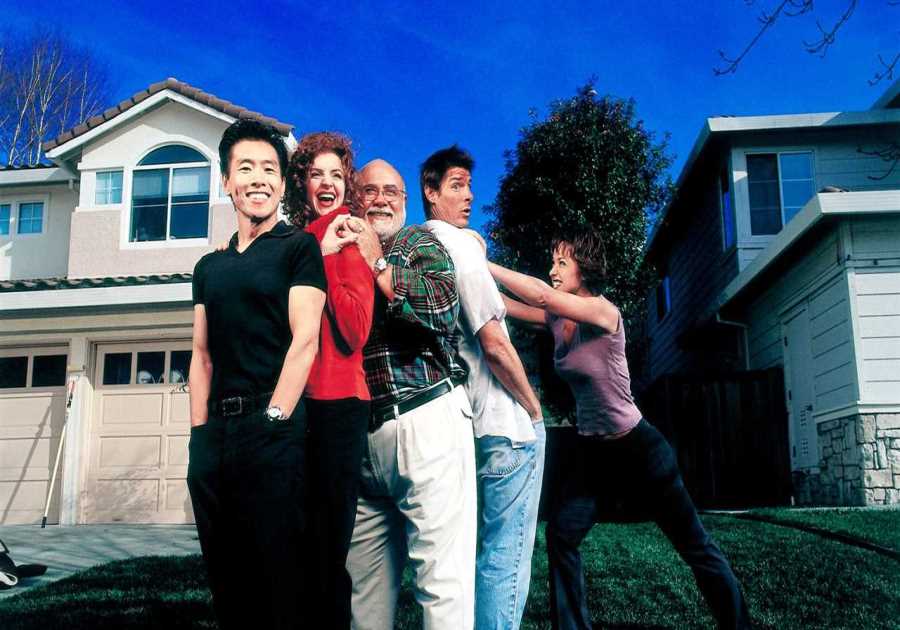It’s easy to assume that child-free couples have more financial freedom and fewer social pressures, but that’s not always true. Without daycare costs, school fees, or pediatrician bills, many expect these couples to have stress-free budgets and well-padded savings. Yet, in reality, couples that don’t have little ones often fall into the same social spending traps as parents—sometimes even deeper ones. The urge to “keep up with the Joneses” doesn’t fade when you skip parenthood; it simply takes a different form. Here’s why many child-free couples still feel the pressure to spend, compete, and measure success by what others have.
1. Lifestyle Upgrades Replace Child Expenses
One major reason couples that don’t have little ones fall into “keeping up with the Joneses” is lifestyle inflation. Without the cost of raising children, extra income can quickly shift toward dining out, vacations, or luxury housing upgrades. What starts as a well-deserved indulgence can easily turn into a pattern of overspending. Many couples justify these choices as rewards for working hard—but over time, the financial consequences mirror the strain parents feel from child-related costs. When “treating yourself” becomes a habit, savings and investments often take a back seat.
2. Social Circles Still Set the Spending Tone
Even couples that don’t have little ones face social pressure to maintain appearances. Friends with families might spend heavily on home improvements, new cars, or expensive neighborhoods—and those same expectations can spill over into their child-free peers. Social comparison doesn’t vanish with fewer responsibilities; it just shifts toward travel, fashion, and lifestyle choices. When everyone around you upgrades, staying modest can feel like falling behind. Peer pressure disguised as “normal spending” quietly fuels financial competition, even among adults who should know better.
3. Expensive Hobbies Take the Place of Parenting
While parents spend their weekends at soccer games and playdates, couples that don’t have little ones often fill their time with costly hobbies. From home renovations to high-end fitness memberships, these activities provide satisfaction—but they can also drain savings fast. The difference is that child-free spending often looks more deliberate, making it harder to recognize as lifestyle creep. When every hobby includes premium gear or membership fees, it adds up just like tuition and daycare. Passion is valuable, but it’s easy for hobbies to become financial liabilities when unchecked.
4. The Desire to “Look Successful” Persists
Even without the financial responsibilities of raising children, couples that don’t have little ones still feel pressure to project success. In a society that measures achievement by possessions, appearances, and experiences, keeping up often means spending beyond what’s necessary. The child-free may channel this pressure into home décor, luxury vehicles, or curated vacations shared online. The more visible the lifestyle, the stronger the temptation to maintain it at any cost. Over time, “looking successful” can quietly replace the goal of genuine financial security.
5. Dual Incomes Create a False Sense of Financial Safety
Many couples that don’t have little ones fall into the trap of believing two incomes automatically equal long-term stability. The extra cash can make it easy to justify impulse purchases or take on unnecessary debt. But financial comfort can disappear quickly when job loss, illness, or market downturns hit. Without disciplined saving or investment strategies, even a high household income can evaporate. The perception of security often encourages spending instead of smart financial planning.
6. Travel and Experiences Become the New Status Symbols
For child-free couples, experiences often replace family milestones as symbols of success. Traveling to exotic destinations, attending exclusive events, or constantly upgrading vacations can become ways of signaling freedom and accomplishment. But this desire to experience it all is another way couples that don’t have little ones fall into “keeping up with the Joneses.” Social media amplifies this competition, making it easy to compare lifestyles at a glance. When every trip or adventure becomes a benchmark, the line between joy and financial strain blurs quickly.
7. Housing Choices Reflect Social Pressure, Not Need
Without children to consider, couples that don’t have little ones often buy more house than they truly need. Spacious homes in trendy neighborhoods become statements rather than practical purchases. The mortgage, taxes, and maintenance costs can quietly eat into savings meant for retirement or emergencies. Many couples justify it by saying, “We can afford it,” without considering long-term opportunity costs. In reality, choosing a home for prestige rather than comfort often mirrors the same “status chase” that families experience in high-end school districts.
8. Retirement Planning Often Gets Pushed Aside
While it might seem that couples that don’t have little ones can save more for retirement, that’s not always the case. Many delay or downplay long-term planning because they don’t face the same future costs as parents. However, without children to lean on later in life, retirement security becomes even more crucial. The tendency to focus on short-term pleasures instead of long-term stability can lead to serious financial regret. Living comfortably now shouldn’t come at the expense of living securely later.
9. Social Media Magnifies Comparison Culture
Social media fuels the tendency for couples that don’t have little ones to “keep up.” Unlike parents who often share milestones centered around children, child-free adults showcase their careers, travels, and homes—each post raising the bar for what success should look like. Constant exposure to other people’s highlight reels can distort reality, pushing couples to spend more just to keep pace. Even subconsciously, comparison can lead to overspending on things that don’t add real happiness. The financial fallout often arrives long after the likes fade.
Breaking Free from Financial Comparison
The truth is, couples that don’t have little ones are just as vulnerable to financial peer pressure as anyone else—sometimes even more so. Freedom from child-related expenses can create an illusion of endless financial flexibility, but unchecked spending can lead to the same struggles families face. Real wealth isn’t measured by vacations, cars, or homes—it’s measured by peace of mind, stability, and choice. By focusing on goals instead of appearances, couples can protect their financial future while still enjoying the present. The smartest investment is learning when enough is truly enough.
Do you think couples that don’t have little ones face more pressure to spend because of lifestyle expectations? Share your thoughts in the comments below.
What to Read Next…
7 Social Pressures That Push Couples to Overspend Without Realizing It
Is the DINK Lifestyle the Secret to Spending More and Saving More?
What Is A DINKSWAD and How Expensive Is This Lifestyle?
Get Out Of Your Own Way: 15 Problems That You’re Creating That Are Keeping You Broke
Successful People Swear by These 7 Personal Development Habits—Here’s Why
------------Read More
By: Catherine Reed
Title: Why Couples That Don’t Have Little Ones Still Fall Into “Keeping Up With the Joneses”
Sourced From: www.dinksfinance.com/2025/10/why-couples-that-dont-have-little-ones-still-fall-into-keeping-up-with-the-joneses/
Published Date: Tue, 28 Oct 2025 18:30:40 +0000
Did you miss our previous article...
https://trendinginbusiness.business/finance/7-finance-reporting-nightmares-banish-your-fears
.png)





